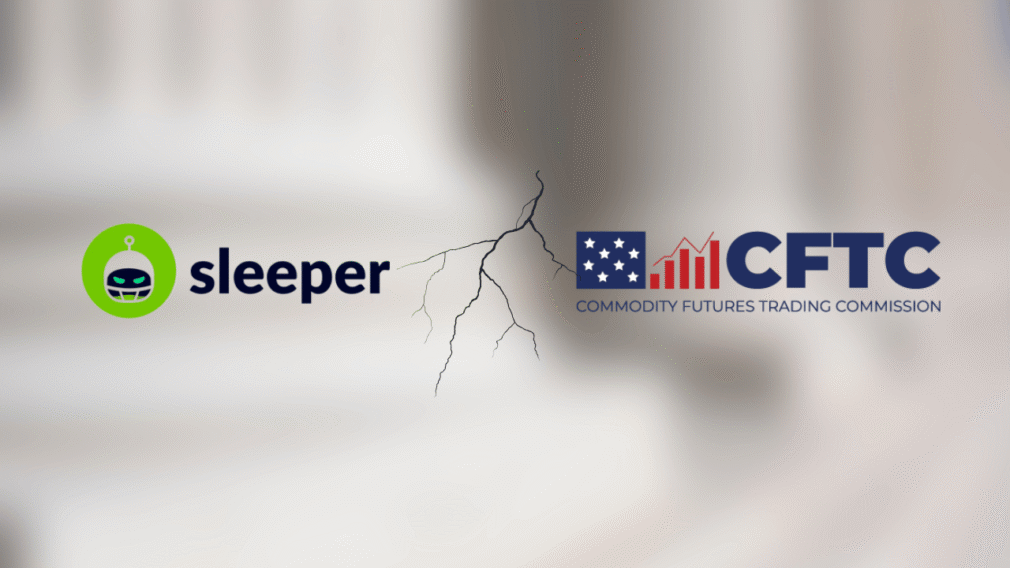Sleeper Sues CFTC Over Alleged Block of Futures License
Sleeper Markets LLC, the fast-growing sports app with 10 million users, has filed its first-ever lawsuit, accusing the Commodity Futures Trading Commission (CFTC) of unlawfully blocking its bid to become a futures commissions merchant. The company says the decision, led by acting chair Caroline Pham, has “picked winners and losers” and threatens its ability to expand ahead of the NFL season.

A Decade-Old App Takes on Washington
Sleeper’s complaint, filed in U.S. District Court for the District of Columbia, challenges what it calls an unprecedented move by the CFTC. For more than 40 years, the agency has delegated the approval of FCM applications to the National Futures Association (NFA). Sleeper submitted its application to the NFA in May 2025, made weekly technical updates as requested, and by August was told it had the first complete application in line for approval.
Instead of moving forward, Sleeper alleges the CFTC stepped in and instructed the NFA not to approve the application — despite having no legal authority to do so. The app says its application has now been sitting idle for over a month without deficiencies, hearings, or explanations, even as the NFA approved an FCM license for direct competitor PrizePicks during the same period.
Sleeper Says Block Harms Innovation
Nan Wang, Sleeper’s Chief Executive Officer, framed the dispute as a test of whether new markets in the U.S. will be governed by transparent rules or by the whim of regulators.
“The CFTC’s unlawful actions present an unfair competitive hurdle to a growing U.S. industry,” Wang said. “This is about more than just one app. It’s about whether these innovative new American markets are truly governed by transparent and fair rules, or by a single decision maker picking winners and losers.”
Represented by Milbank LLP, Sleeper is asking the court to issue an injunction preventing the CFTC from interfering in its FCM registration, to declare it eligible for registration under the Commodity Exchange Act, and to rule the CFTC’s interference an unlawful withholding of agency action.
Recommended
